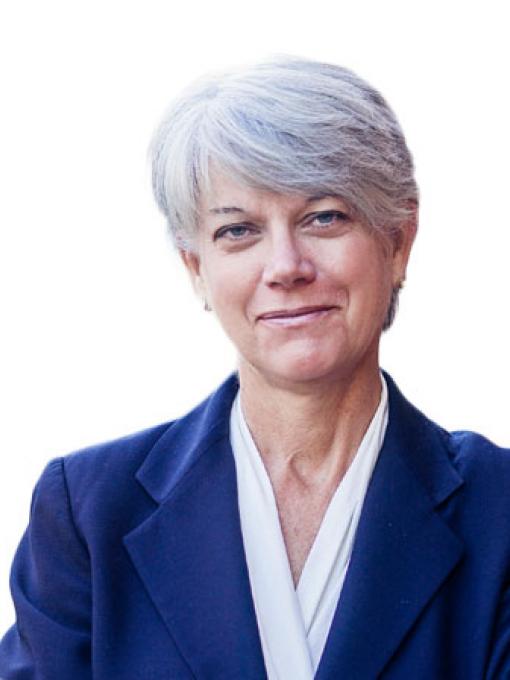As we confront systemic racism, climate change, an economic crisis, sharpening political divisions and the threat of a pandemic, I welcome the International Day of Peace as an opportunity to reflect and recommit to global cooperation and peace.
Only two years after FCNL’s founding, the United Nations Charter was ratified by the first 50 Member States. These nations came together “to save succeeding generations from the scourge of war.” Now seventy-five years later, member states are once again gathering to reaffirm their collective commitment to multilateralism and peace. Both FCNL and the United Nations continue the long-term, generational work to build peace, uphold human dignity, and protect the planet.
Now more than ever we can see how connected we are globally and the urgent need to work together to solve global problems.
As many of us know from our own lives, the absence of violence doesn’t exactly mean peace. Peacebuilders strive for another kind of peace—positive peace. Positive Peace exists in societies where there is a well-functioning government with low corruption and good relations with other nations, a fair economy, equal access to education, respect for human rights, and a free press.
However, these pillars of positive peace feel more threatened today than they have in decades, both at home and abroad. The instability and violence already on the rise prior to the pandemic are only accelerating. In times such as these, we must not retreat inward, but rather we must work together as a global community to demonstrate that love is stronger than hate and that peace is possible.
Now more than ever we can see how connected we are globally and the urgent need to work together to solve global problems. The United States must reengage with the United Nations and recommit to working as part of the global community. There is not one part of the U.N. absent from the fight against the coronavirus. But the U.S. is absent from the U.N.
At the moment the United States owes more than $486 million in dues to the U.N. regular budget and one billion dollars to the U.N. Peacekeeping Missions. This administration has announced they will pay just a quarter of U.S. dues to the World Health Organization, leaving a $400 million hole in its budget.
Beyond meeting its obligations to the United Nations, the United States must recommit to peace by working with partners across the globe to foster peaceful, just, and inclusive societies.
Undeterred, FCNL has been advocating to Congress to pay all our current and back dues and voluntary contributions to the U.N. and other international organizations. We are encouraged that in its recently passed international affairs budget, the House fully funded U.S. dues to the U.N. regular budget and required that the U.S. pay its full dues to the WHO.
Beyond meeting its obligations to the United Nations, the United States must recommit to peace by working with partners across the globe to foster peaceful, just, and inclusive societies. We must ensure that the response to COVID-19 is conflict-sensitive and risk-informed, specifically tailored to help remove racial and gender inequity and injustice. Pandemic response must mitigate harm to the planet and strengthens our resilience to climate change. Marginalized and excluded groups in every society must be meaningfully included in both analysis and action.
The U.S. government must end its reliance on violence, coercion, and the use of force as a way of achieving its foreign policy and national security goals. Reducing Pentagon spending, renouncing the use of nuclear weapons, and ending endless wars will free up critical resources to save lives and improve livelihoods. Finally, we ourselves must uphold the international rules and norms to which we hold others accountable.
So today, on the International Day of Peace, I urge you to let your Members of Congress know that you support fulfilling our obligations to the United Nations, making peacebuilding a national priority, and contributing our fair share to the global COVID-19 response. Because there are no exceptions to “love thy neighbor” – even in a pandemic.

